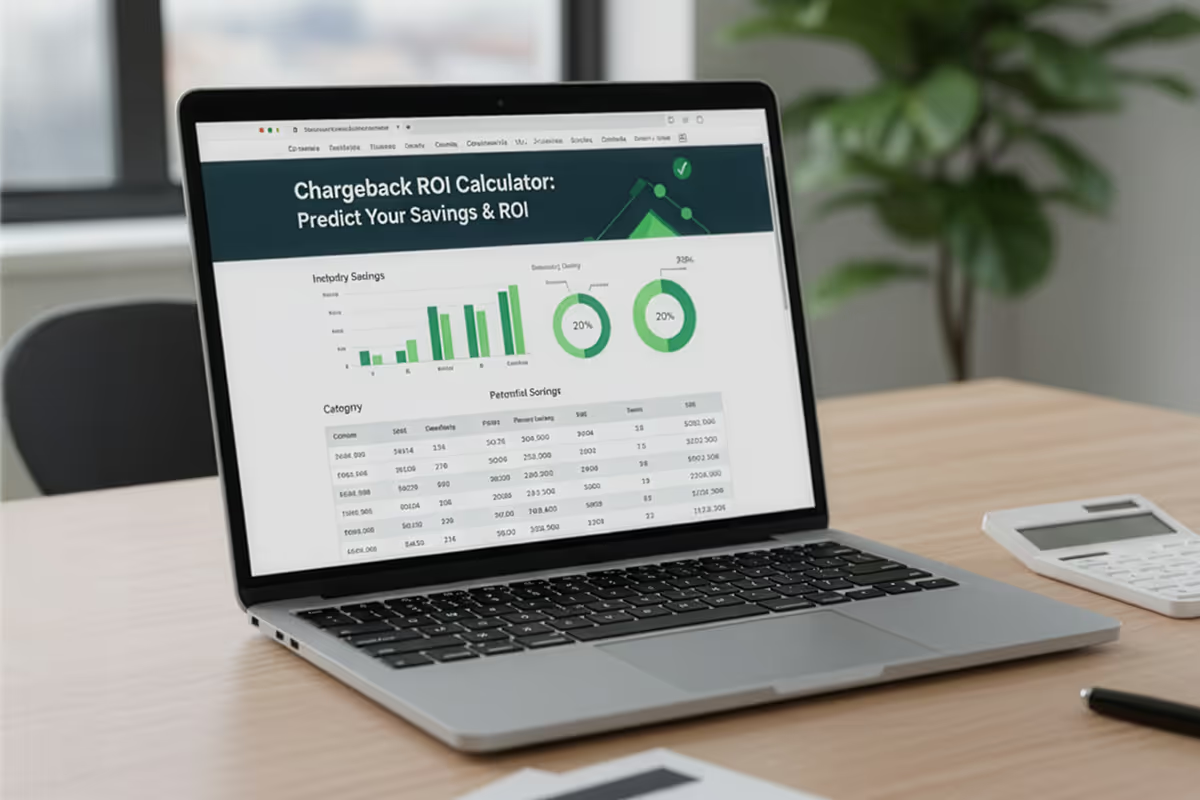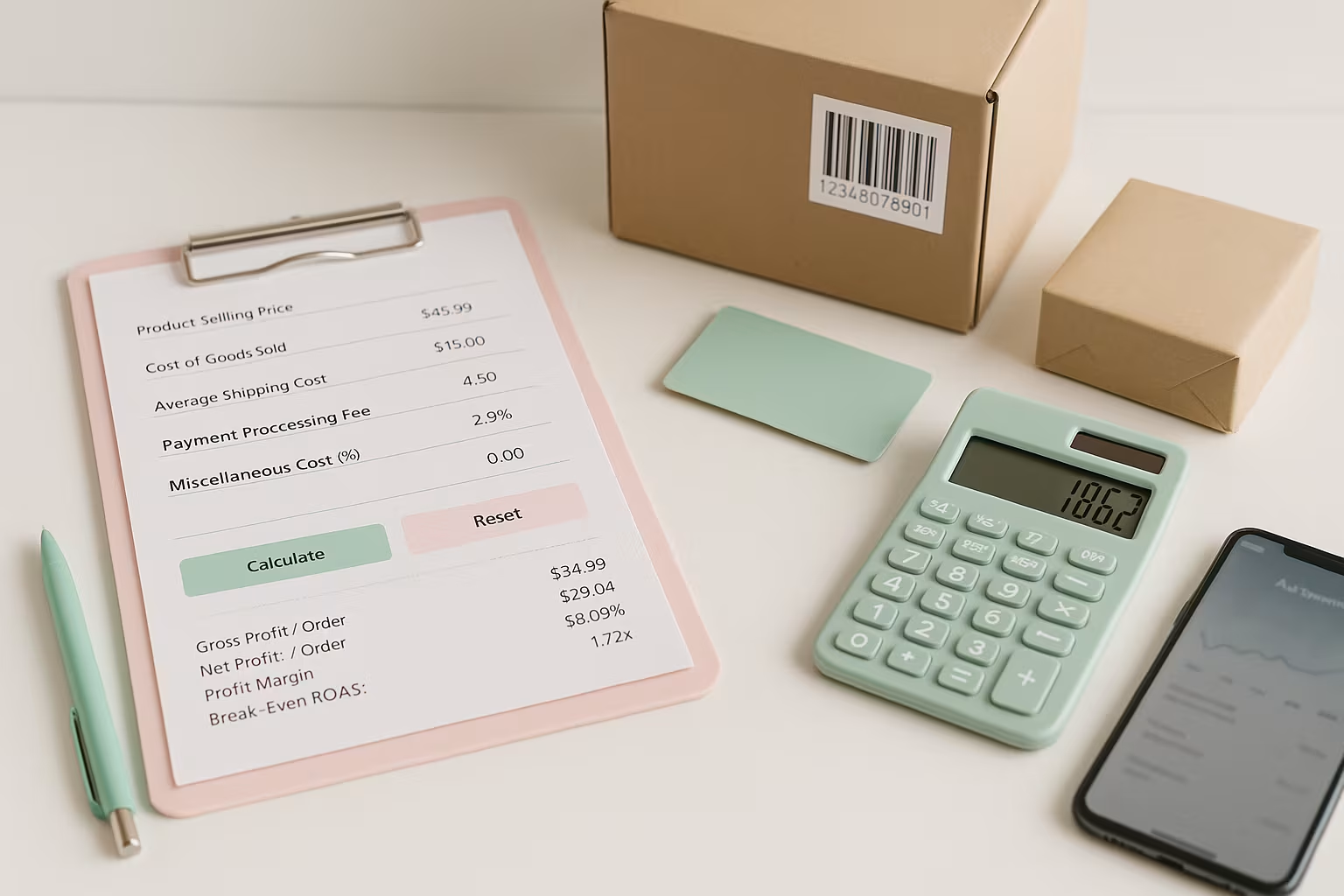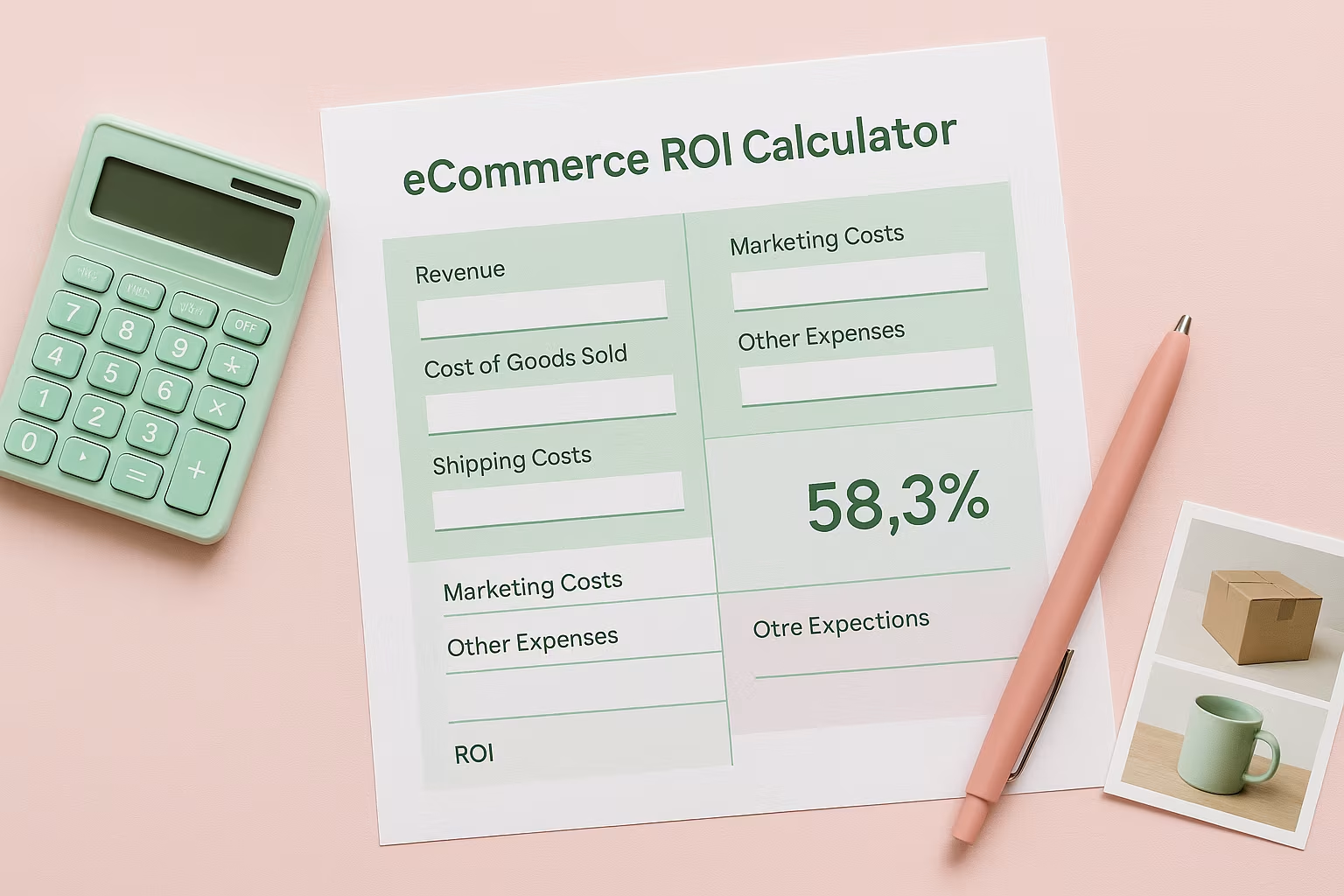What Is the Cost of Starting a Skincare Business: From Concept to Launch
%20(1).avif)
The global skincare market reached an astonishing $155 billion in 2025, with indie brands capturing over 30% of this growth despite competing against beauty conglomerates with massive R&D budgets.
This market reality creates a fascinating paradox: while the barriers to entry have never been lower for passionate entrepreneurs, the path to sustainable profitability requires careful financial planning and strategic investment choices.
For entrepreneurs looking to break into this lucrative market, understanding the real costs of starting a skincare business is essential for proper planning and budgeting.
While initial investments can range from as little as $2,000 to upwards of $100,000, your specific approach to formulation, manufacturing, and marketing will determine where your startup falls on this spectrum.
The Real Startup Costs for a Skincare Business
Starting a skincare business involves several key expense categories that determine your total investment. Here's a comprehensive breakdown of what you can expect to spend:
Product Development: $3,000 - $50,000+
The foundation of any skincare business is its products. Development costs can vary dramatically based on your approach:

Formulation Options:
Custom Formulation: $5,000 - $50,000+
Working with a cosmetic chemist to create proprietary formulations is the most expensive option:
- Initial consultation: $500-$2,000
- Formula development: $3,000-$15,000 per product
- Stability and safety testing: $2,000-$10,000 per formula
- Revisions and refinements: $1,000-$5,000
Private Label: $1,500 - $10,000
Using existing formulas from private label manufacturers significantly reduces costs:
- Sample costs: $100-$500
- Minimum order quantities: $1,000-$5,000 per product
- Limited customization fees: $500-$2,000
Private label skincare offers a middle ground between affordability and customization, allowing entrepreneurs to launch faster with proven formulations while still creating a unique brand identity.
DIY Formulation: $500 - $3,000
For those with knowledge of cosmetic science:
- Raw ingredients: $300-$1,500
- Equipment: $200-$1,000
- Testing supplies: $100-$500
Testing and Certification
Regardless of your formulation approach, product testing is non-negotiable:
- Preservative efficacy testing: $500-$1,500 per formula
- Stability testing: $800-$2,500 per formula
- Microbial testing: $300-$1,000 per formula
- Challenge testing: $700-$2,000 per formula
Packaging and Design: $2,000 - $15,000
Your packaging is a critical marketing tool that influences purchasing decisions:
Packaging Components:
- Containers (bottles, jars, tubes): $0.50-$5.00 per unit
- Pumps, droppers, caps: $0.25-$3.00 per unit
- Secondary packaging (boxes): $0.75-$4.00 per unit
- Labels: $0.20-$1.00 per unit
Minimum order quantities typically start at 1,000-5,000 units, resulting in initial packaging investments of $1,500-$10,000.
Design Costs:
- Brand identity development: $500-$5,000
- Packaging design: $500-$3,000
- Label design: $250-$1,500
Legal Requirements: $2,000 - $10,000
Navigating regulatory compliance is essential for skincare businesses:
Business Formation: $100 - $800
- LLC or corporation filing fees: $100-$500
- Business licenses: $50-$300
Product Compliance: $1,500 - $7,000
- Product liability insurance: $500-$2,000 annually
- Good Manufacturing Practices (GMP) compliance: $1,000-$5,000
- Product Information File (PIF) creation: $500-$2,000 per product
- FDA registration (if applicable): $100-$500
Intellectual Property: $500 - $3,000
- Trademark registration: $250-$2,000
- Patent filing (if applicable): $5,000-$15,000
The Hidden Truth About Skincare Startup Costs
What many aspiring founders don't realize is that the most successful skincare brands often didn't launch with massive budgets.

In fact, industry research shows that 68% of profitable indie beauty brands launched with under $15,000 in initial investment, focusing first on product excellence and community building before scaling their operations.
So, starting a skincare line with minimal investment is definitely achievable with the right strategy and just a small slice of luck.
The key to success lies not in how much you spend, but rather in strategic allocation of limited resources. Several essential approaches can dramatically reduce your required startup capital while still positioning your brand for growth.
Manufacturing: $3,000 - $50,000+
Your production approach significantly impacts startup costs:
In-house Manufacturing: $10,000 - $50,000+
- Equipment: $5,000-$30,000
- Workspace rental/modification: $2,000-$10,000 monthly
- Raw materials inventory: $3,000-$15,000
- Quality control equipment: $1,000-$5,000
Contract Manufacturing: $3,000 - $25,000
- Minimum order quantities: $2,500-$20,000
- Setup fees: $500-$5,000
- Quality control and sampling: $500-$2,000
Marketing and Website: $2,500 - $20,000
Building brand awareness requires strategic investment:
Website Development: $1,000 - $10,000
- E-commerce platform: $29-$299 monthly
- Website design and development: $500-$8,000
- Product photography: $500-$3,000
- Website copy: $500-$2,000
Marketing Materials: $1,500 - $10,000
- Social media content creation: $500-$3,000
- Email marketing setup: $250-$1,000
- Product samples: $500-$3,000
- Promotional materials: $250-$3,000
Hidden Costs to Anticipate
Beyond the obvious expenses, several hidden costs catch skincare startups off guard:
Shipping and Fulfillment: $1,000 - $5,000 Monthly
- Packaging materials: $0.50-$3.00 per order
- Shipping rates: $3-$15 per domestic order
- Fulfillment labor: $15-$25 per hour
- Returns processing: 2-5% of orders
Inventory Management: $500 - $3,000 Monthly
- Storage space: $200-$1,000 monthly
- Inventory management software: $50-$300 monthly
- Spoilage and expiration: 3-7% of inventory value
- Reordering costs and cash flow management
Ongoing Compliance and Testing: $1,000 - $5,000 Annually
- Batch testing: $200-$500 per batch
- Annual insurance renewals: $500-$2,000
- Regulatory updates and compliance: $500-$2,500
Funding Your Skincare Business Startup
Most skincare entrepreneurs use a combination of funding sources:
Self-Funding: 60-70% of Startups
- Personal savings
- Friends and family investments
- Credit cards and personal loans
External Funding: 30-40% of Startups
- Small business loans
- Crowdfunding campaigns
- Angel investors
- Business incubators
Revenue-Based Funding:
- Pre-launch campaigns
- Limited edition releases
- Subscription models
Calculating ROI Timeline
Understanding your return on investment timeline helps set realistic expectations:
- Break-even analysis: Most successful skincare businesses reach break-even within 12-24 months
- Profit margin targets: Healthy skincare businesses aim for 40-60% gross margins
- Scale considerations: Unit economics improve significantly at scale (10,000+ units)
Creating a brand requires both financial investment and strategic planning to ensure sustainable growth and profitability.
The Underground Skincare Financing Network: The Secret Funding Path
While conventional funding dominates industry discussions, a little-known financing ecosystem has quietly launched some of today's most successful indie skincare brands.
The "beauty angel circuit" operates through:
- Former beauty executives and successful founders who exclusively fund promising skincare startups
- Evaluation based on formulation innovation rather than revenue projections
- Unconventional deal structures including "formula rights" clauses
- Mentorship-investment hybrid models bundling capital with hands-on guidance
Perhaps most intriguing is the network's secretive "founder exchange" program where established brand founders temporarily embed with emerging brands, providing expertise while learning new operational approaches.
Build a Cost-Effective Path to Launch
The most successful skincare founders begin with careful planning, focusing on creating exceptional products that solve real consumer problems.
Rather than getting overwhelmed by the total potential investment, break down the process into manageable phases:
- Define your brand concept and target audience
- Develop your hero product formula
- Create compelling packaging and messaging
- Build your online presence
- Launch strategically to your core audience
With platforms like Supliful offering turnkey private label skincare solutions, entrepreneurs can now launch professional-quality brands with significantly reduced upfront investment and complexity.
FAQ
Related blogs

Price Elasticity Of Demand Calculator: Predict Revenue Impact in Seconds

Chargeback ROI Calculator: Predict Your Savings and ROI in Under 10 Seconds

Break-Even ROAS Calculator: Find Out What You Can Afford to Spend on Ads


